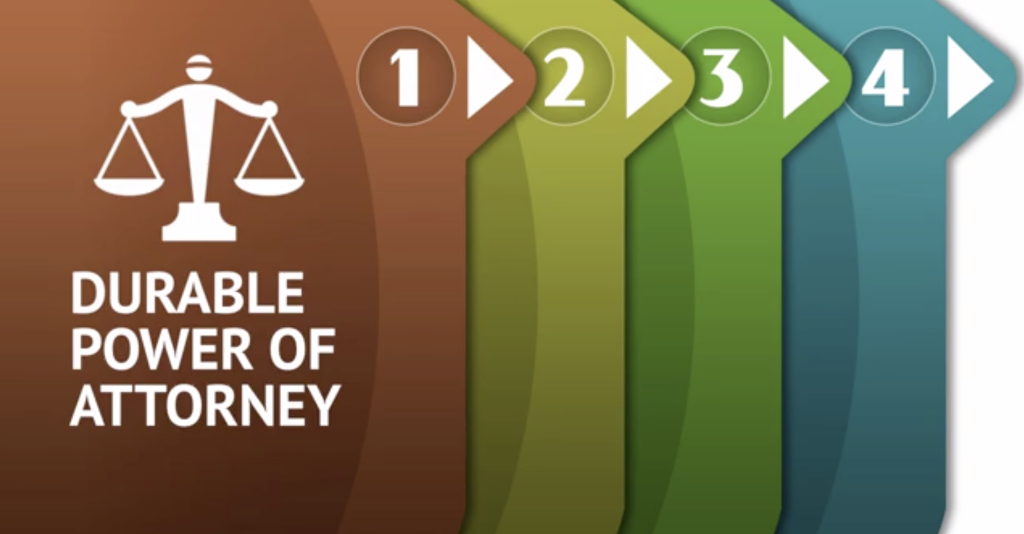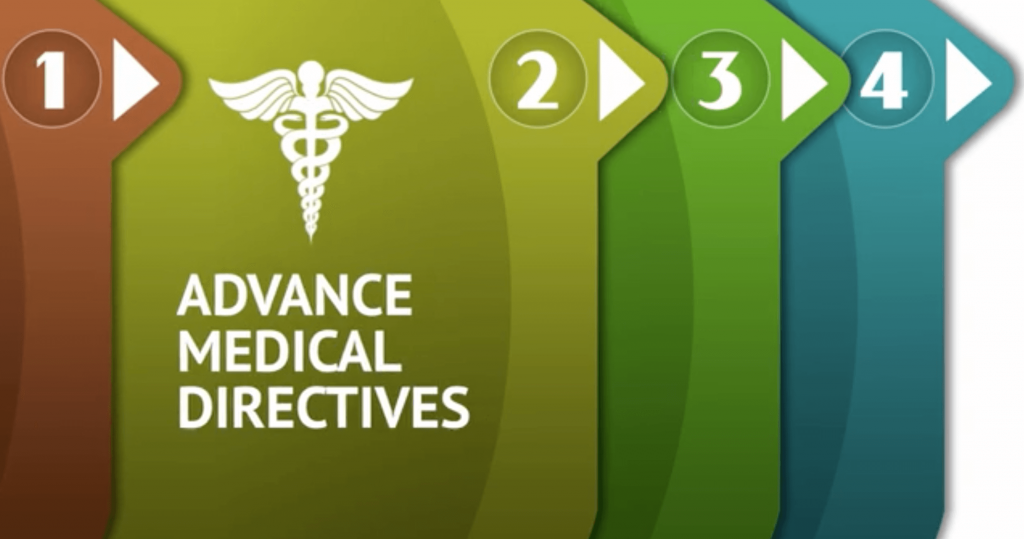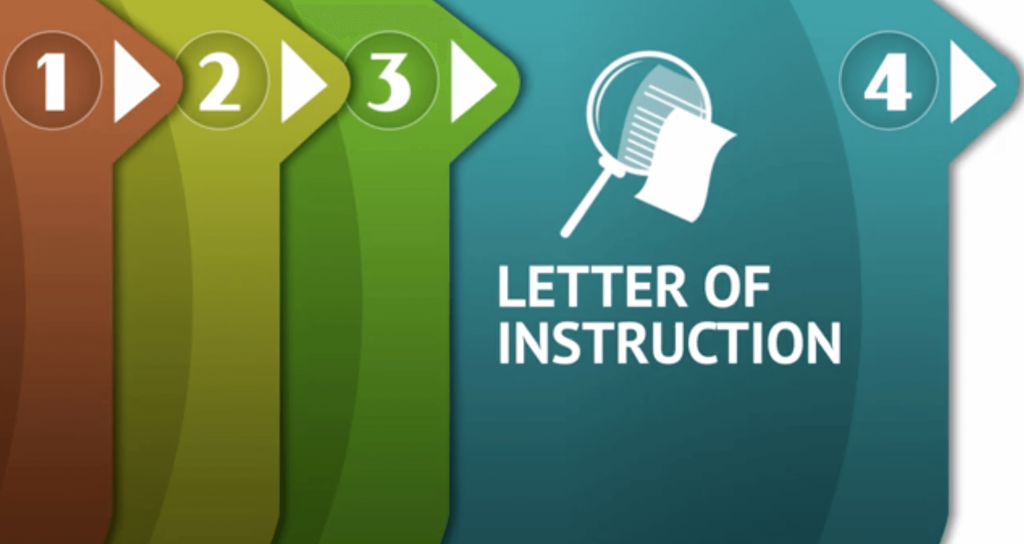4 Key Estate Planning Documents

Estate planning is the process of managing and preserving your assets while you’re alive, and conserving and controlling their distribution after your death. There are four key estate planning documents most everyone should have, regardless of age, health, or wealth.

1. A Durable Power Of Attorney
A durable power of attorney lets you authorize someone to act on your behalf to handle your financial matters in the event you become physically or mentally unable to do so. The person you choose can do things like pay everyday expenses, watch over your investments, and file taxes.

2. Advance Medical Directives
Advance medical directives let others know what medical treatment you would want–or not want–in the event you can’t express your wishes yourself. If you don’t have an advance medical directive, medical care providers must prolong your life using artificial means, even if you do not want such procedures.
There are three types of advance medical directives:
- Living will – A living will allows you to decline certain types of medical care, even if you will die as a result of that choice. In most states, a living will takes effect only under certain circumstances, such as terminal illness.
- Health care proxy – A health care proxy allows you to appoint someone to make medical decisions for you in the event you’re unable to do so yourself
- Do Not Resuscitate order (DNR) – A DNR order is your directive to medical personnel not to perform CPR if you go into cardiac arrest.
Some states may not allow all types, so make sure you understand what’s offered in your state.

3. Having a Will
A third key estate planning document is a will. The main purpose of a will is to distribute property to your heirs after your death according to your wishes. In your will, you can name an executor to manage and settle your estate, and a legal guardian to care for your minor children. A will is a formal, legal document that is filed with the court and eventually becomes part of the public record in a process known as “probate.”

4. Letter of Instruction
Finally, a letter of instruction is an informal, non-legal document that generally accompanies your will and expresses your directions about what is in your will, or other things, such as your
personal thoughts, burial wishes, or the location of important documents. A letter of instruction can be the most helpful document you leave for your family members. Unlike your will, a letter of instruction remains private.
Let’s Talk About Your Estate Planning Today
Life is unpredictable. So take steps now–while you can–to have the proper documents in place to ensure that your wishes are carried out.

Schedule a no-obligation consultation with me today
